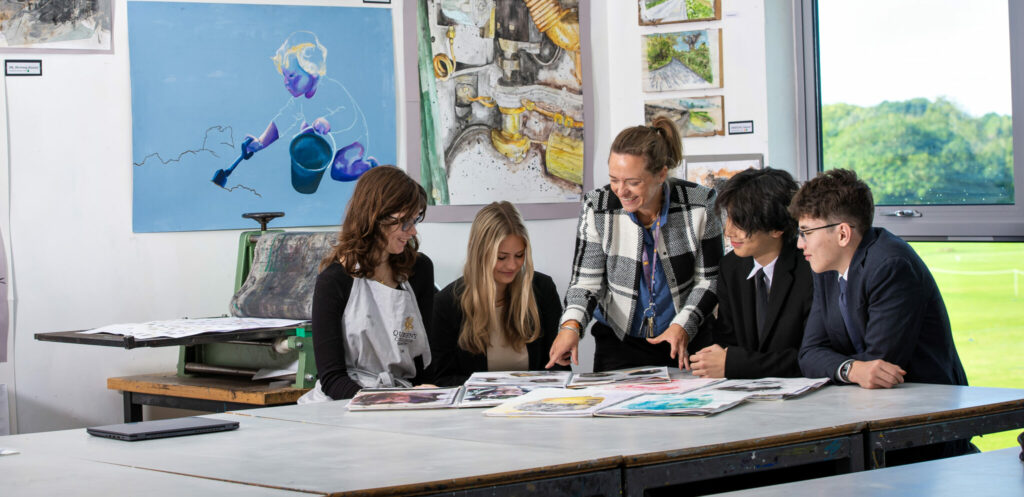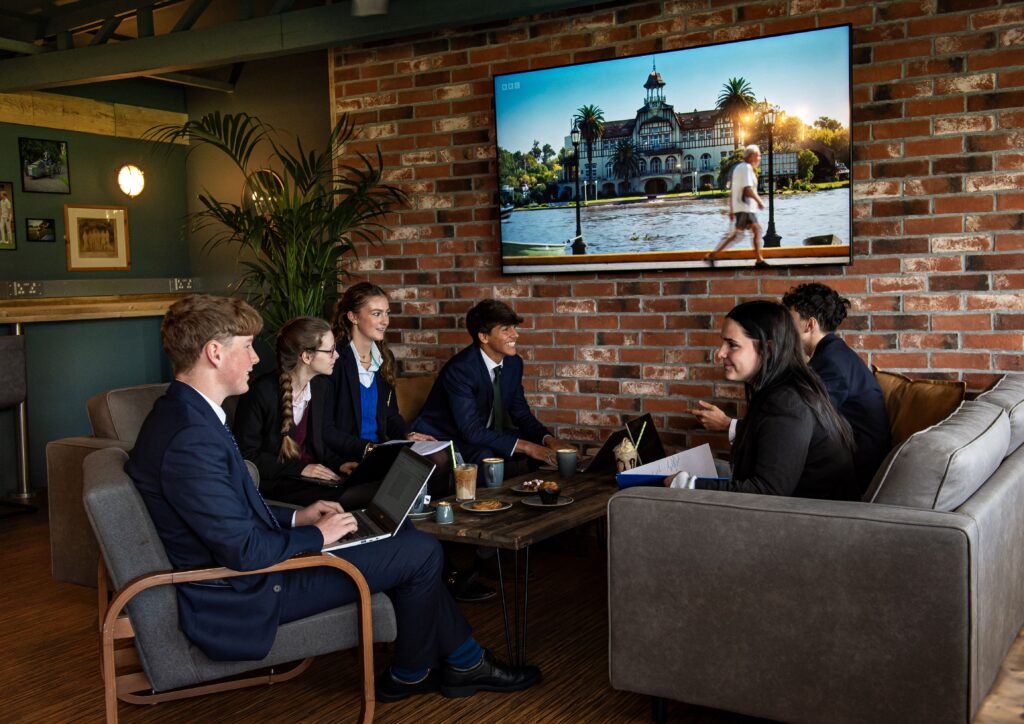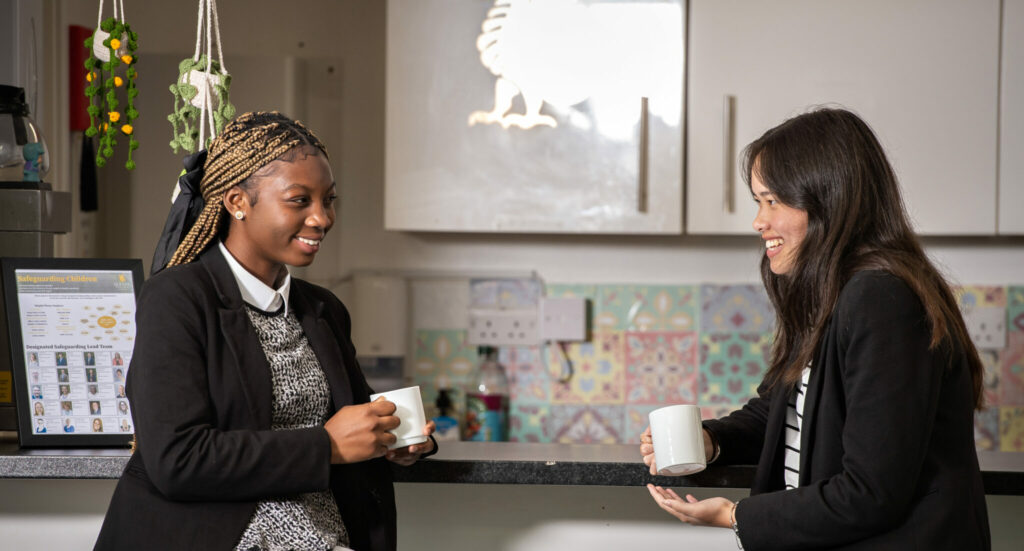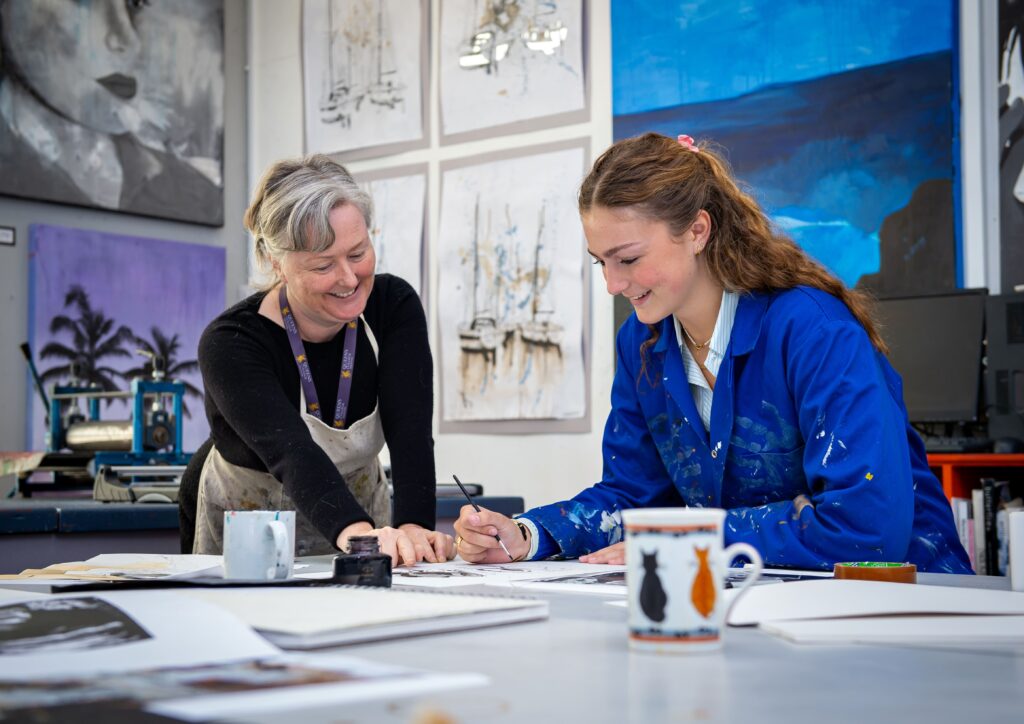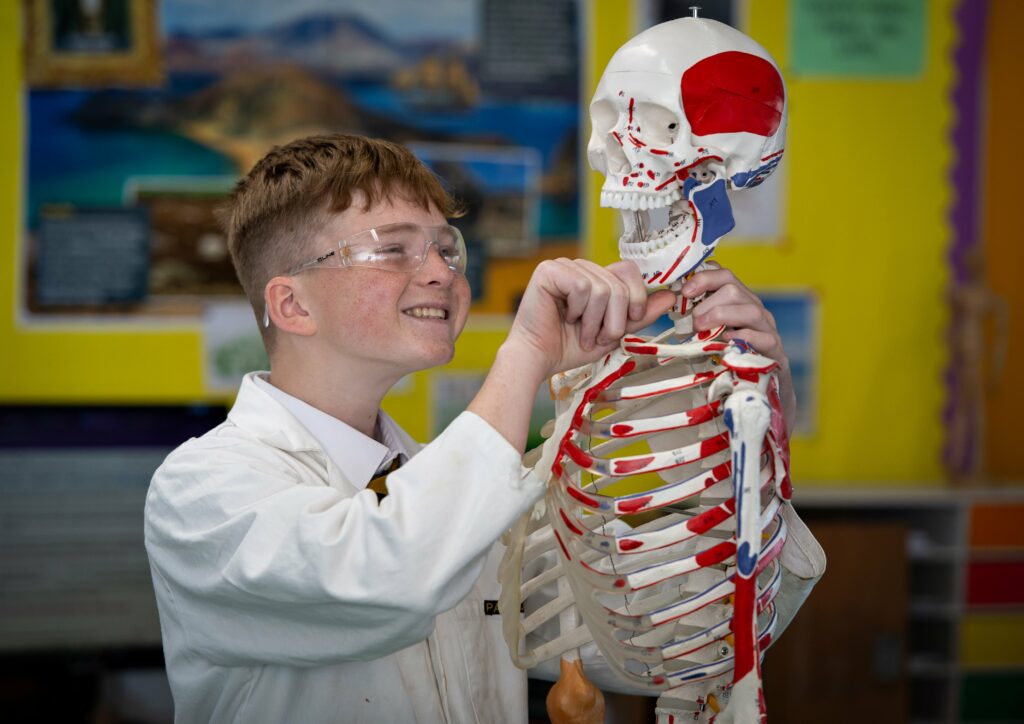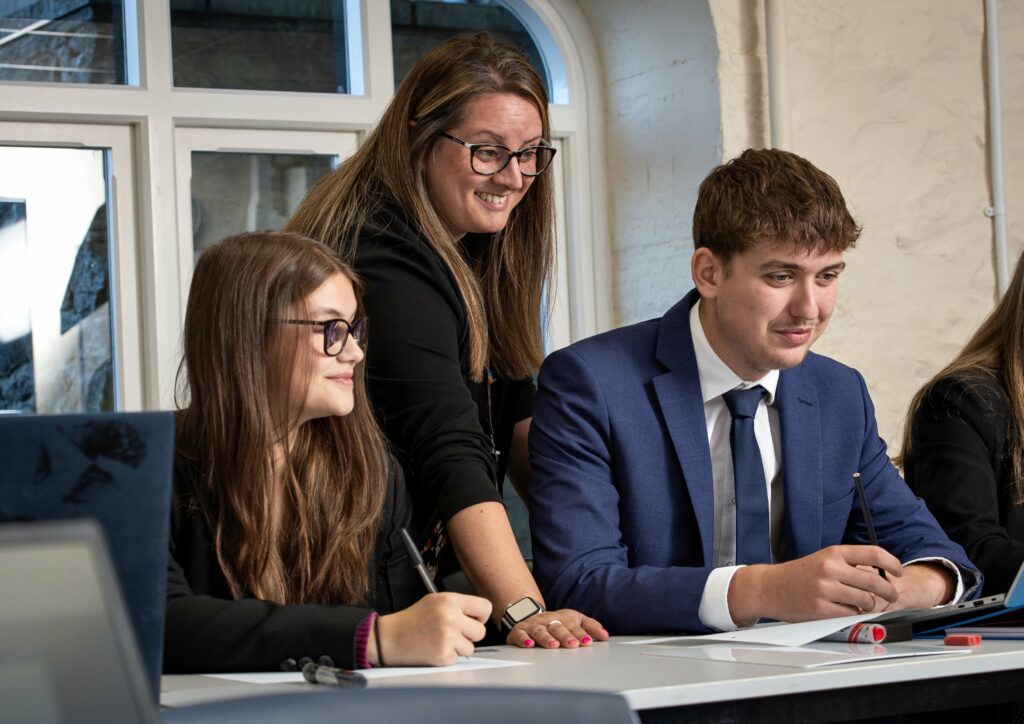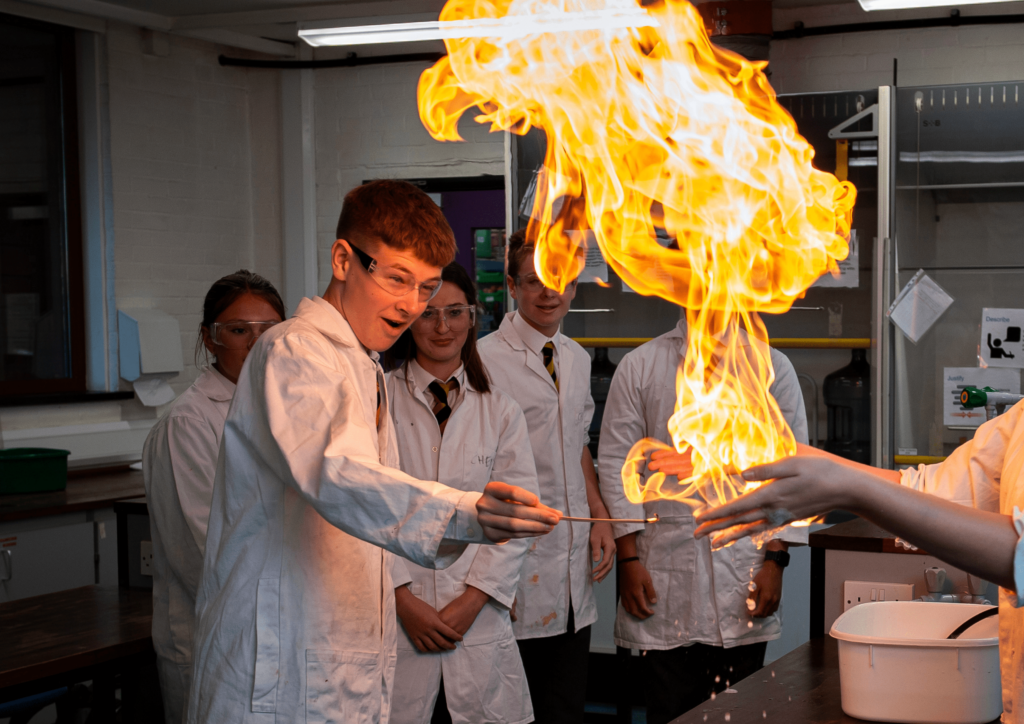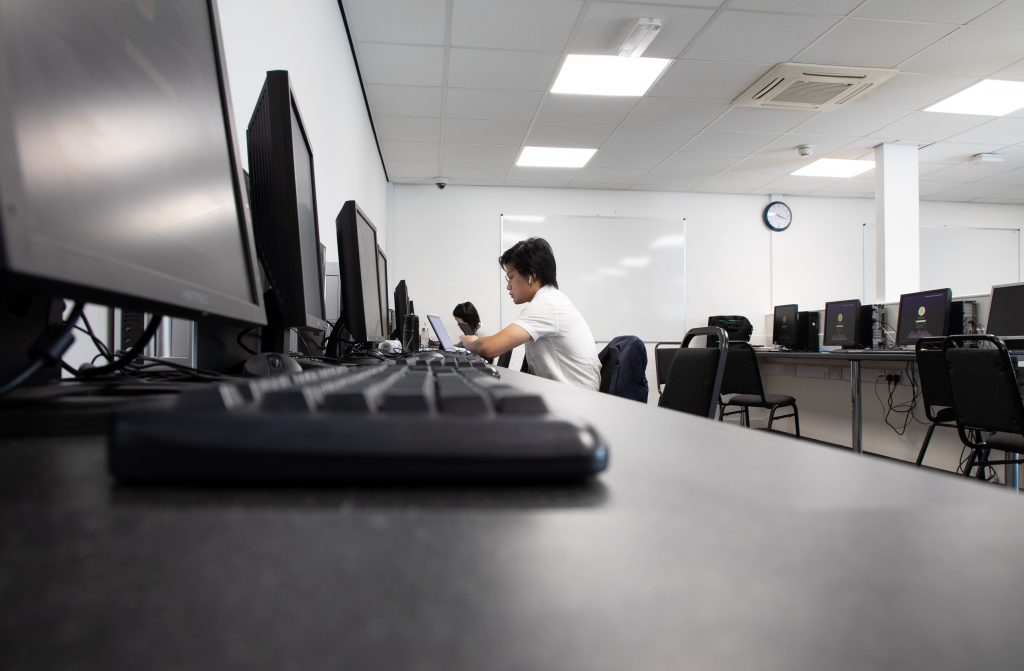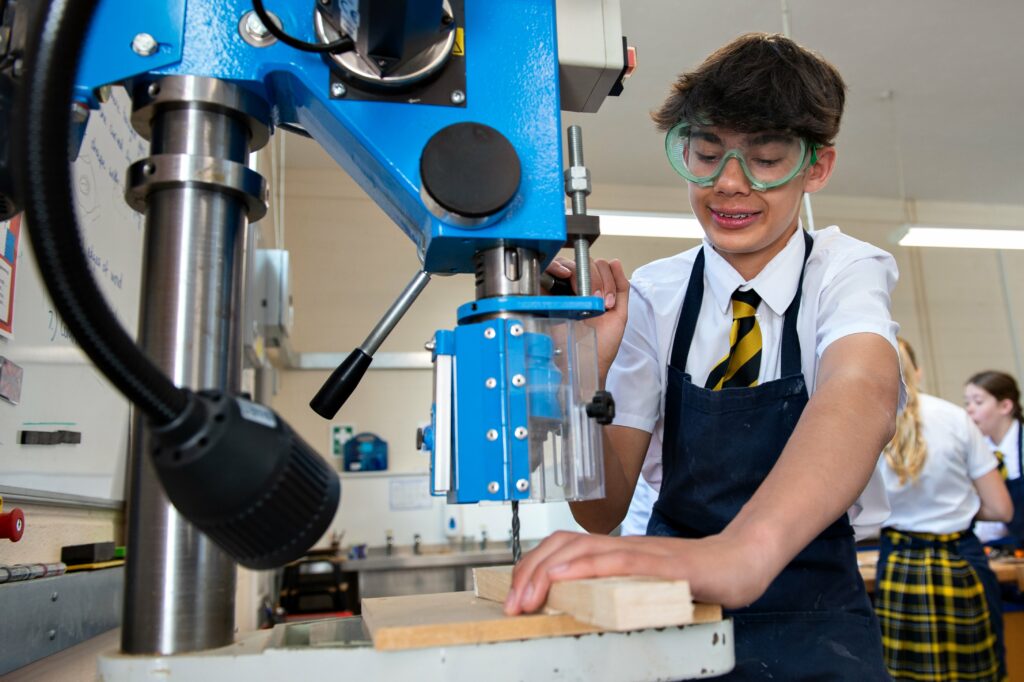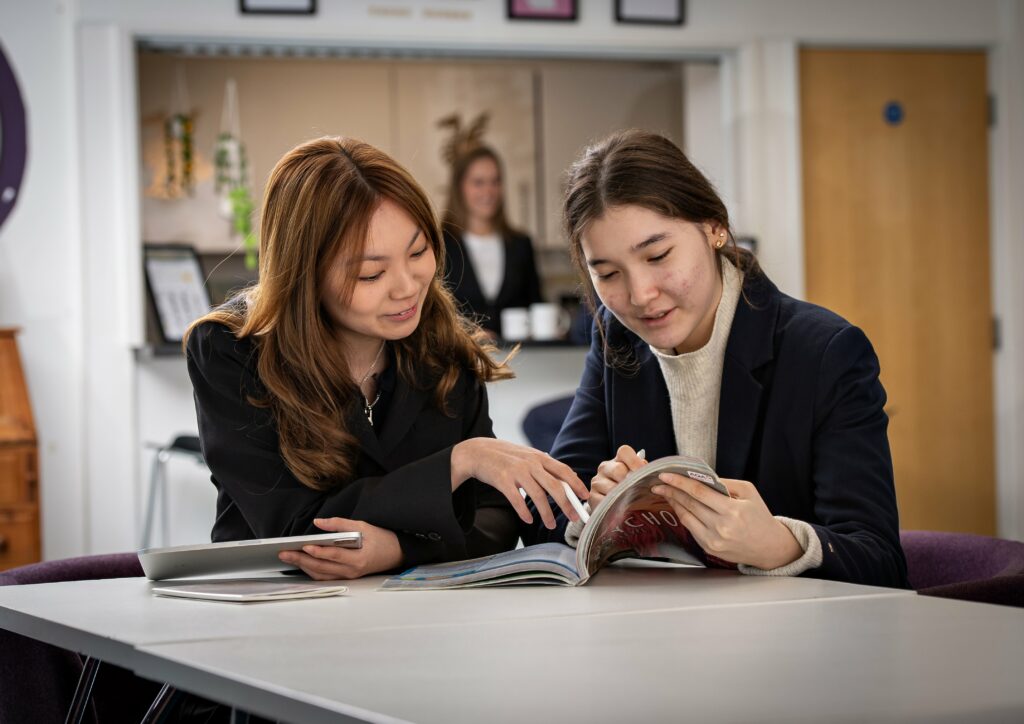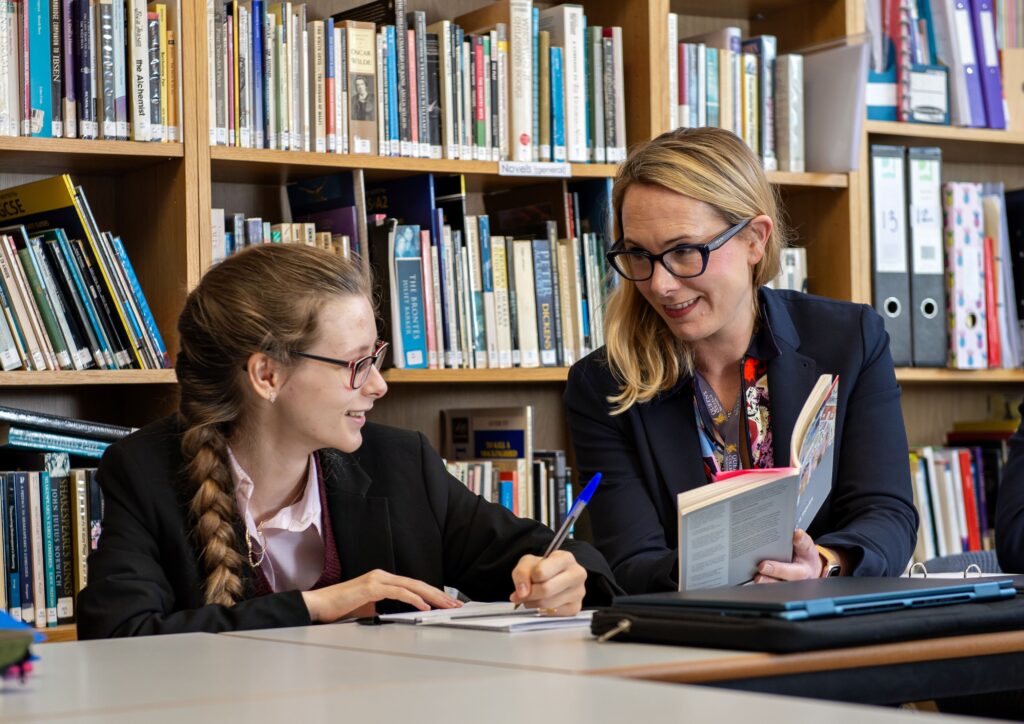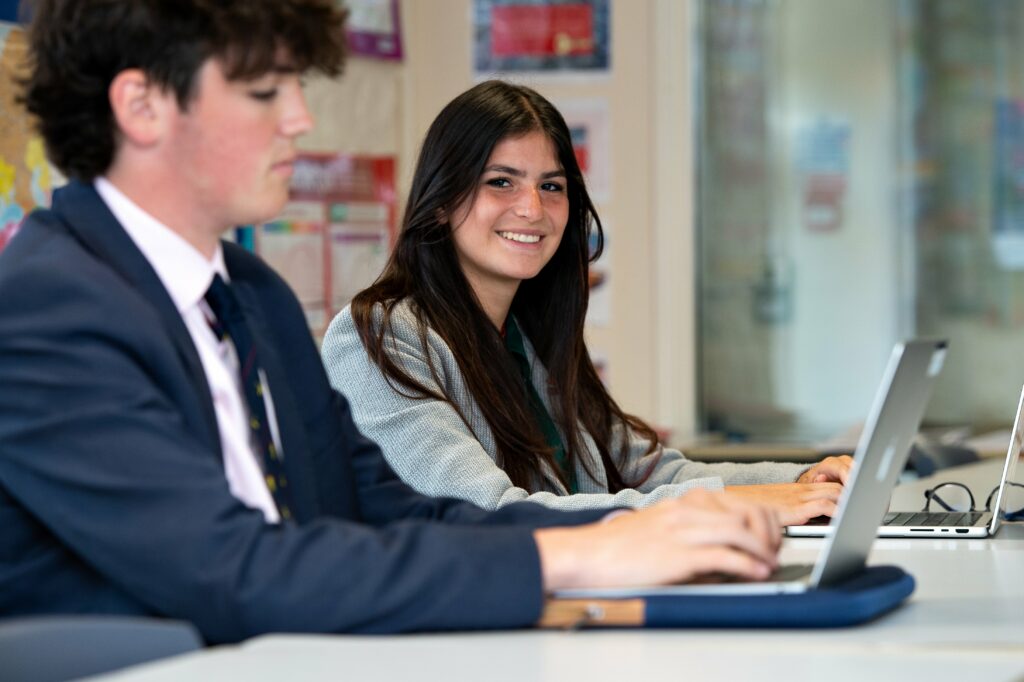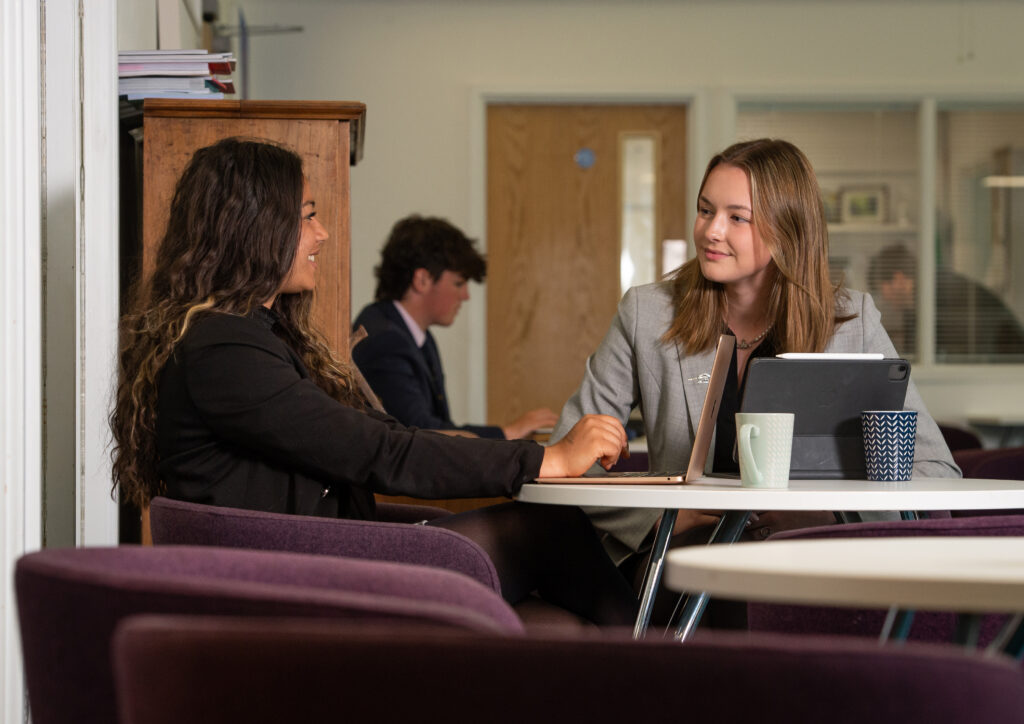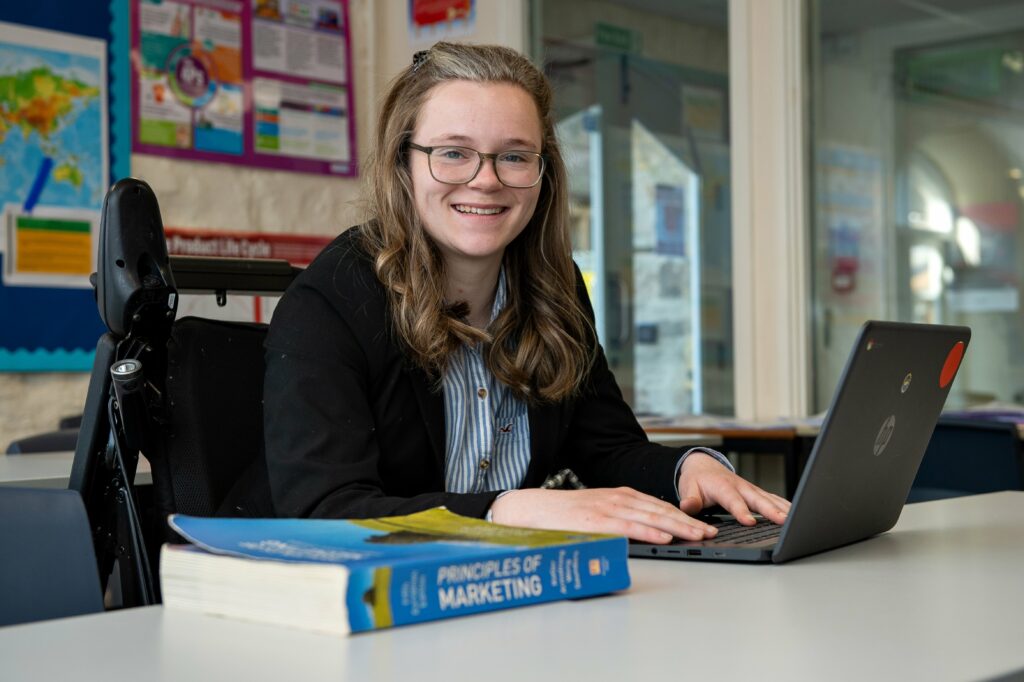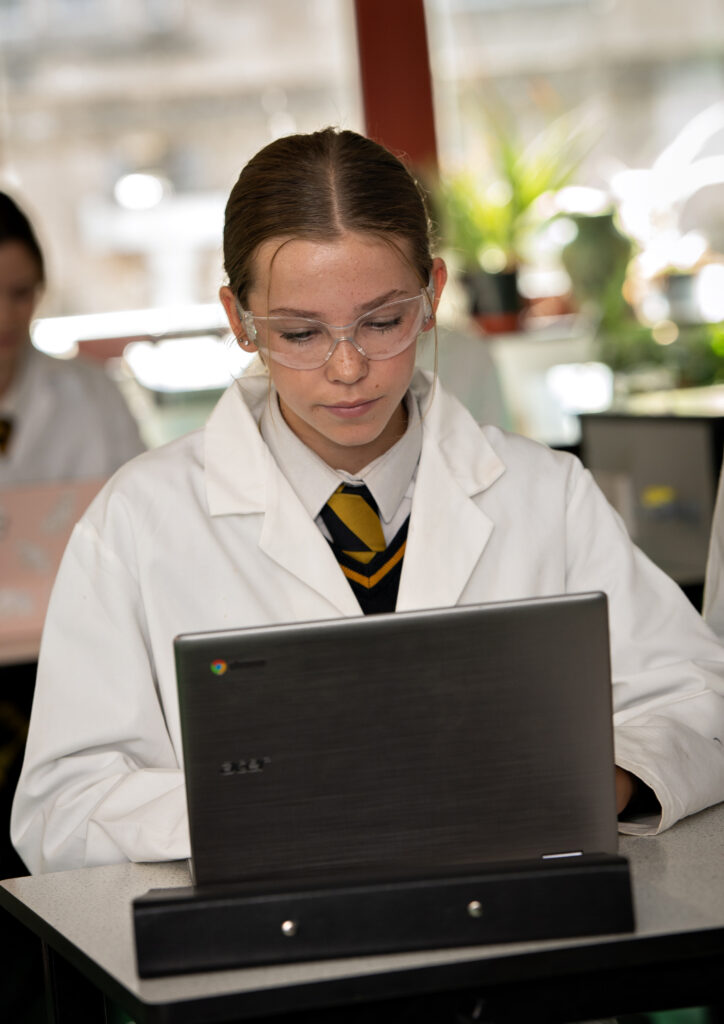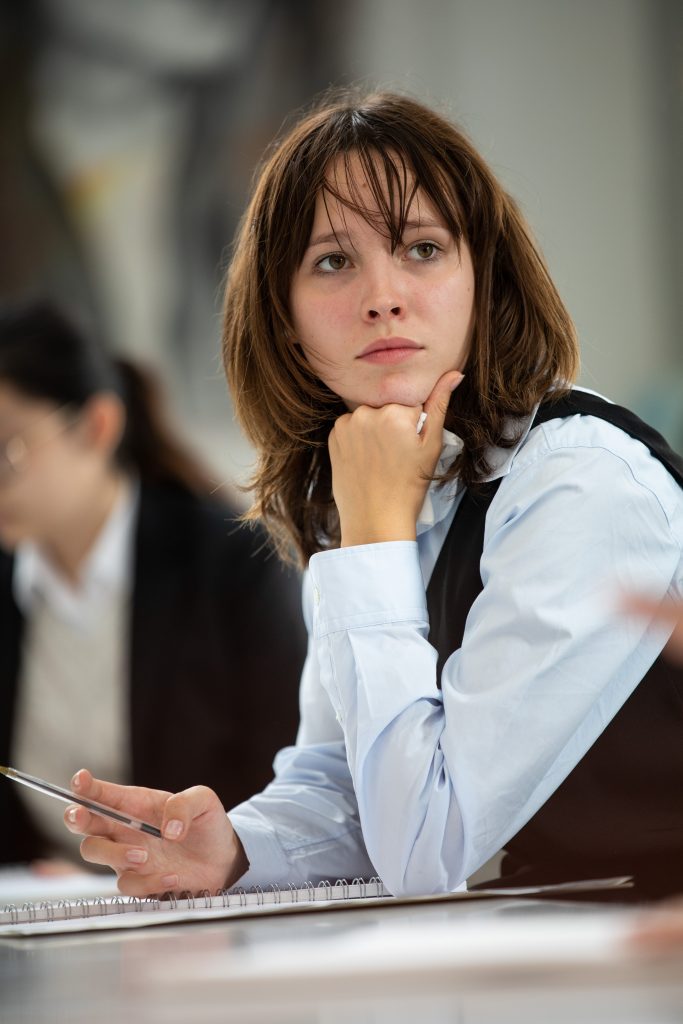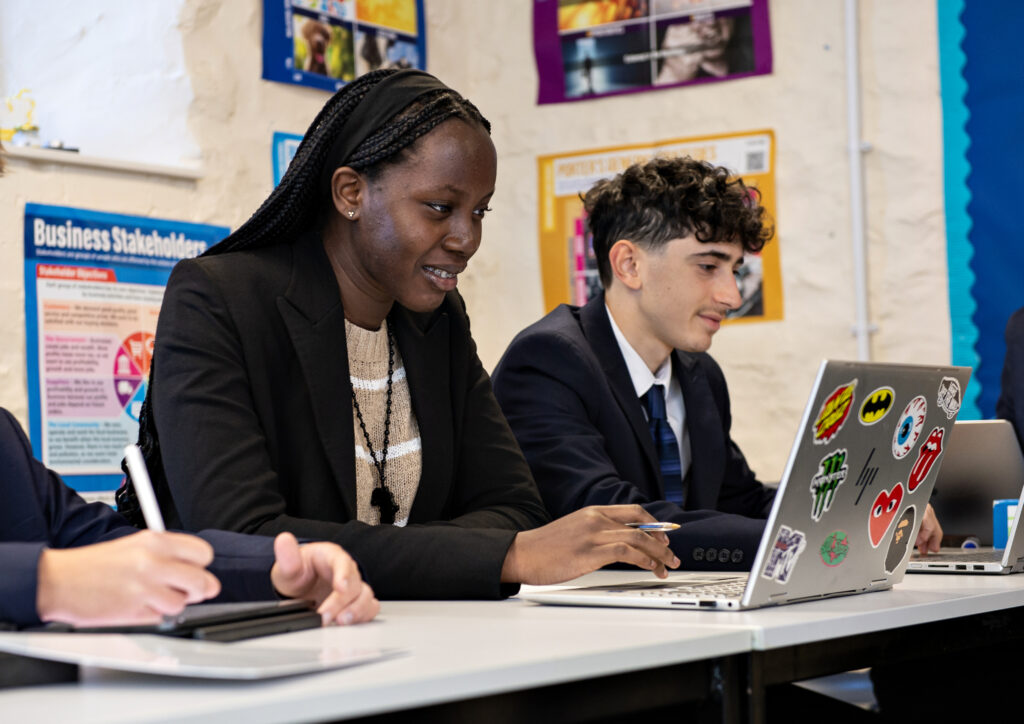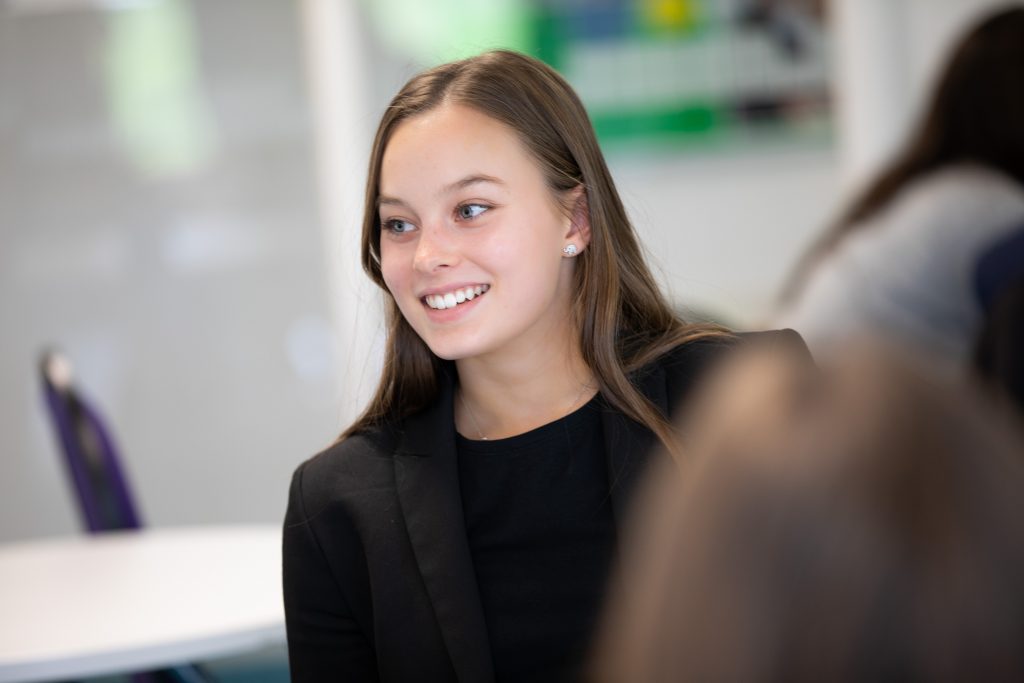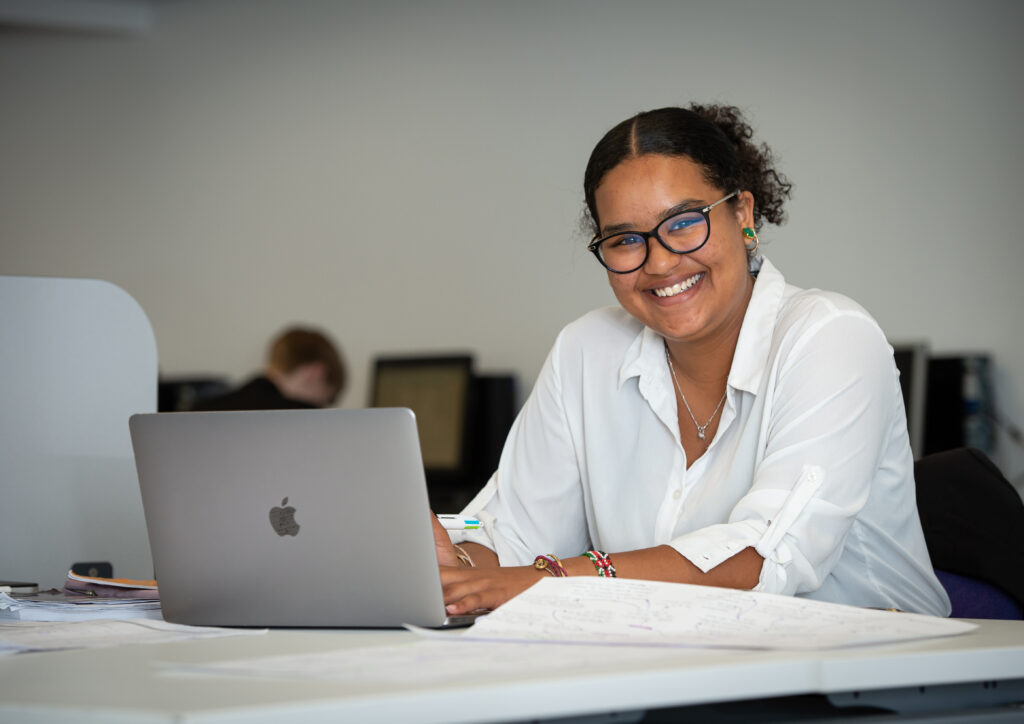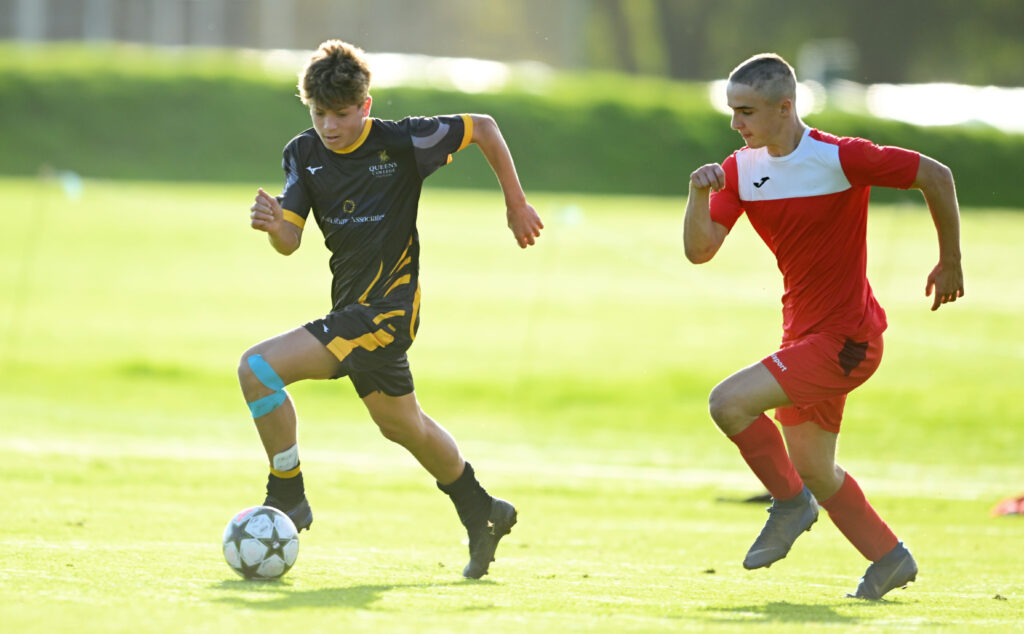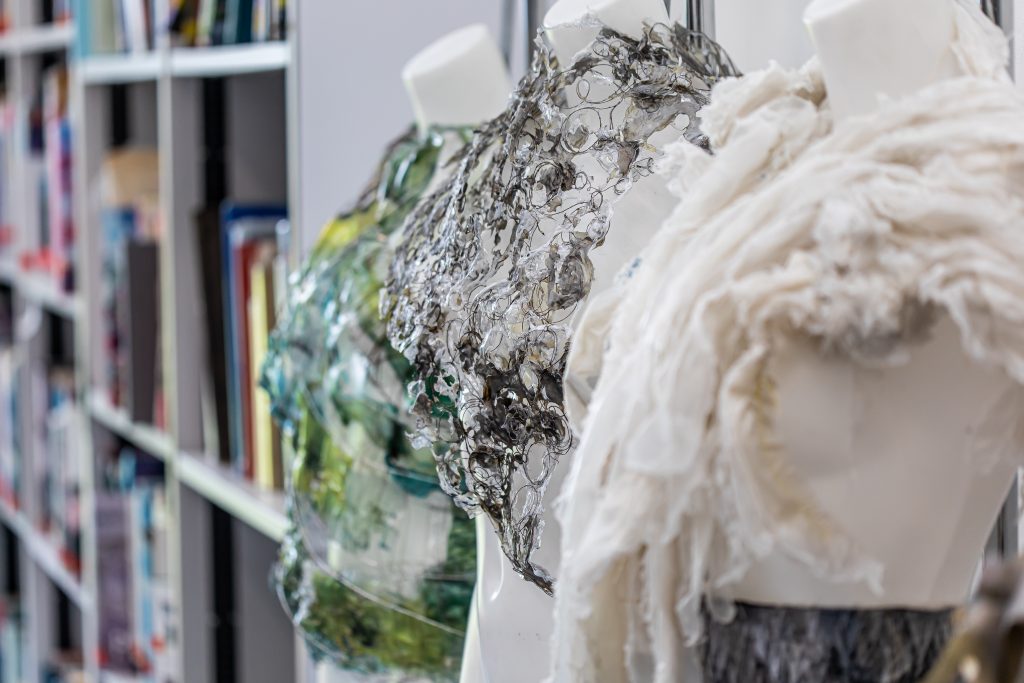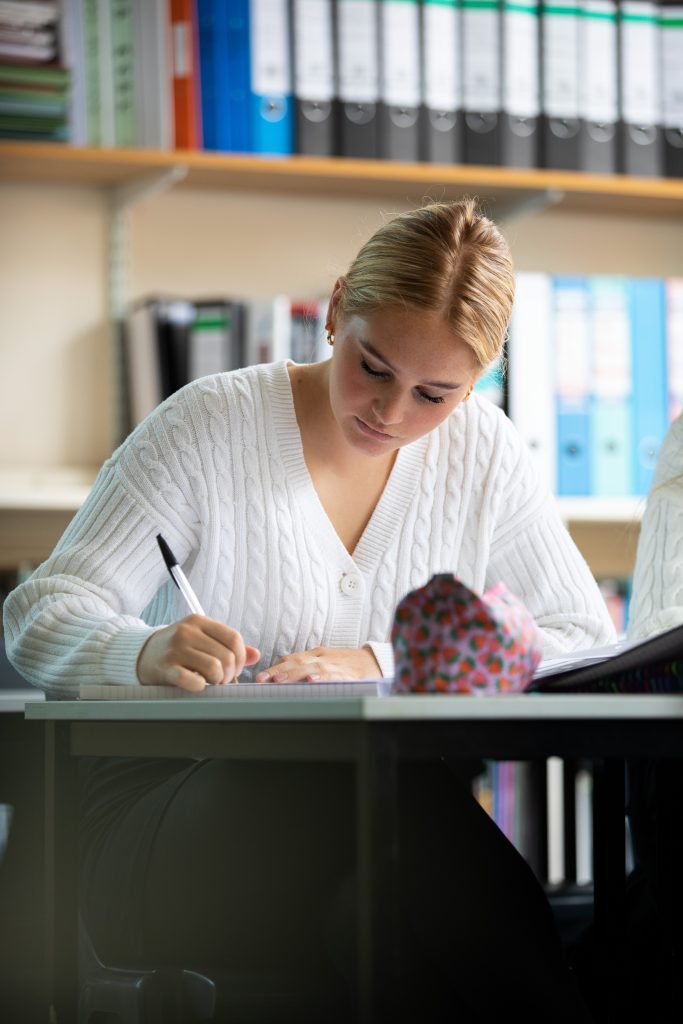International English Language Testing System (IELTS)
Overview
The International English Language Testing System (IELTS) is a standardised test designed to assess the English language proficiency of non-native speakers. It is widely accepted by educational institutions, employers, and immigration authorities in many countries, including the UK, Canada, Australia, and New Zealand.
Test Format and Structure
The IELTS exam consists of four main sections: Listening, Reading, Writing, and Speaking. The total duration of the test is approximately 2 hours and 45 minutes. Queen’s College hosts the official IELTS exam every December and there are other opportunities to take the test throughout the year.
Listening (30 minutes): This section comprises four recorded monologues and conversations, followed by 40 questions. The recordings feature various English accents, and test-takers must answer multiple-choice, matching, plan/map/diagram labeling, form/note/table/flow-chart/summary completion, and short-answer questions.
Reading (60 minutes): The Reading section consists of three sections with a total of 40 questions. Texts are sourced from books, journals, and magazines. Question types include multiple-choice, identifying information, matching information, and completing sentences.
Writing (60 minutes): The Writing section has 2 tasks. Task 1 requires the candidate to describe visual information (graphs, charts, or diagrams), while Task 2 involves writing an essay in response to a point of view, argument, or problem.
Speaking (11-14 minutes): The Speaking section is a face-to-face interview divided into three parts. Part 1 involves introductory questions about the candidate’s background. In Part 2, the candidate speaks on a given topic for 1-2 minutes after a minute of preparation. Part 3 involves a discussion related to the topic from Part 2, focusing on abstract ideas and issues.
Scoring and Results
The IELTS exam is scored on a band scale from 0 to 9, with each section receiving an individual band score. The overall band score is the average of the four sections, rounded to the nearest half or whole band. Most institutions have their own minimum band score requirements, often ranging from 6.0 to 7.5. Test results are typically available 13 days after the test date.
How will Queen’s College help you prepare?
Queen’s College will offer IELTS lessons in the EAL Department (6 hours per fortnight) in small groups. You will also have a specialised speaking lesson in which to prepare for the speaking test. Queen’s students also receive a Road to IELTS login, an online program of IELTS preparation and practice materials.




